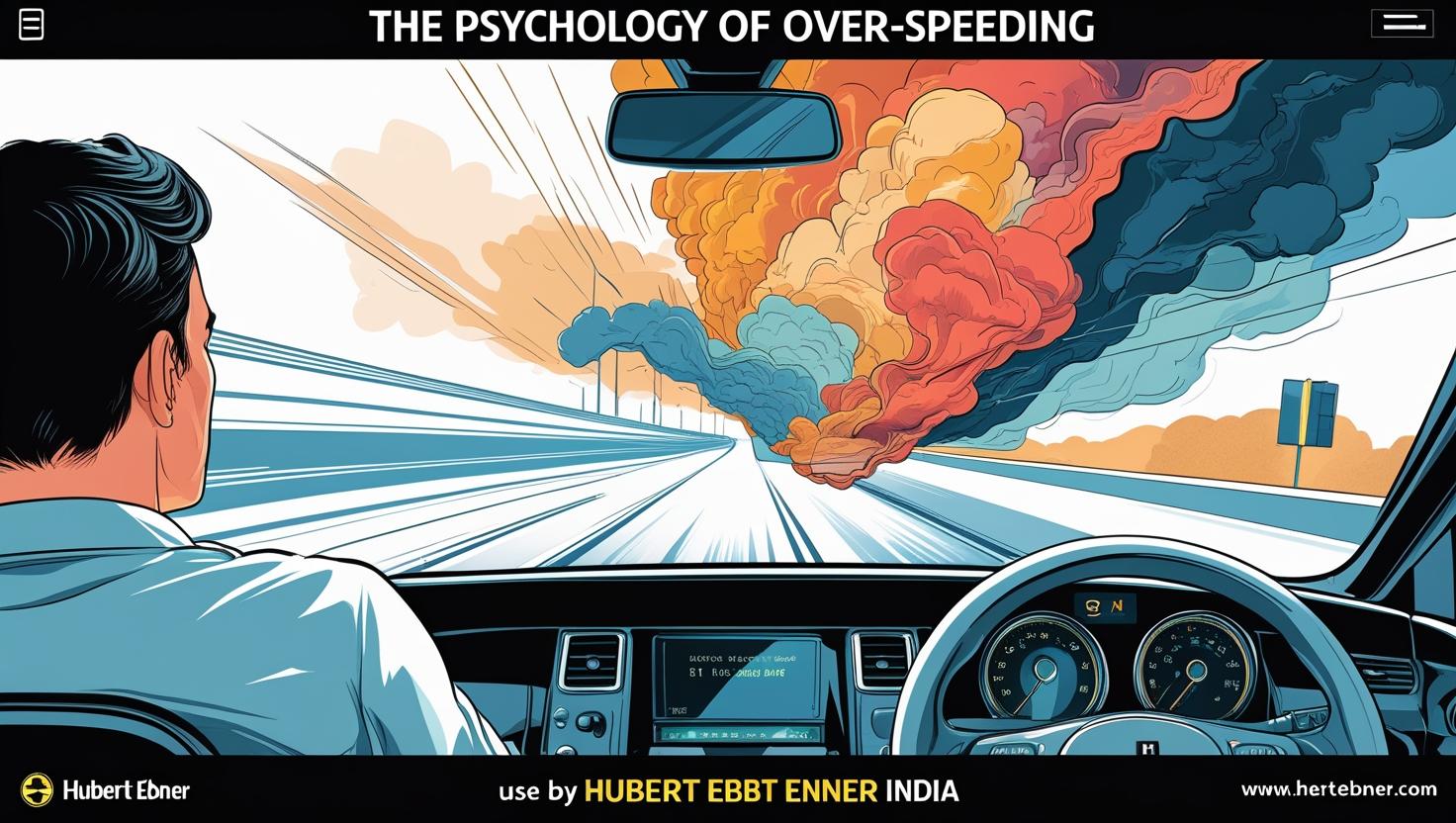Psychology of Over-Speeding
Introduction
Despite knowing the dangers, many drivers habitually exceed speed limits. Why? The answer lies not just in the vehicle or the road, but in the driver’s mindset. Understanding the psychological reasons behind over-speeding is key to changing behavior and building safer roads in India.
🚗 Why Do Drivers Choose to Over-Speed?
1. Thrill-Seeking and Risk-Taking Personality
Some individuals find speeding exciting. For them, driving fast satisfies a psychological need for adrenaline, challenge, or rebellion.
2. Time Pressure & Unrealistic Schedules
Especially in logistics and corporate fleets, tight delivery windows or shift constraints create pressure. Drivers often feel they must speed to meet expectations.
3. Overconfidence in Skill
Many drivers overestimate their abilities or the capabilities of their vehicle, assuming that nothing will go wrong.
4. Peer Influence & Social Validation
In group settings, some drivers speed to impress peers, mimic others, or match the flow of fast-moving traffic.
5. Aggression or Stress Responses
Stress, frustration, or road rage can push drivers to speed as a form of emotional release or misplaced control.
6. Lack of Awareness or Misjudgment
Many don’t understand how little time is actually saved by speeding—or how drastically stopping distance increases.
📉 Consequences of Over-Speeding Behavior
- Increased risk of crashes and fatalities
- Poor fuel efficiency and higher vehicle wear
- Greater chance of legal violations
- Reduced ability to react to unexpected road hazards
In India’s diverse and unpredictable traffic environment, speeding multiplies risk exponentially.
🧠 How Hubert Ebner India Tackles the Issue
At Hubert Ebner India, we go beyond telling drivers to “slow down”—we address the root causes of their behavior:
🧩 Behavioral Risk Assessments – Identify speeding tendencies and triggers
🗣️ Psycho-Educational Workshops – Help drivers reflect on attitudes and emotions linked to speeding
📊 Telematics-Based Monitoring – Real-time data on over-speeding events with feedback
🧘 Stress & Anger Management Training – Reduce aggression-based speeding
🎯 Customized Coaching Programs – One-on-one guidance for high-risk drivers
Our approach combines psychology, analytics, and training to change not just habits—but mindsets.
✅ Conclusion
Over-speeding is not always about lack of knowledge—it’s about psychological triggers, habits, and attitudes. By understanding these factors, we can create smarter, safer drivers on Indian roads.
📞 Call to Action
Partner with Hubert Ebner India to implement behavior-focused driver training programs that address the psychology of speeding and elevate your safety standards.




